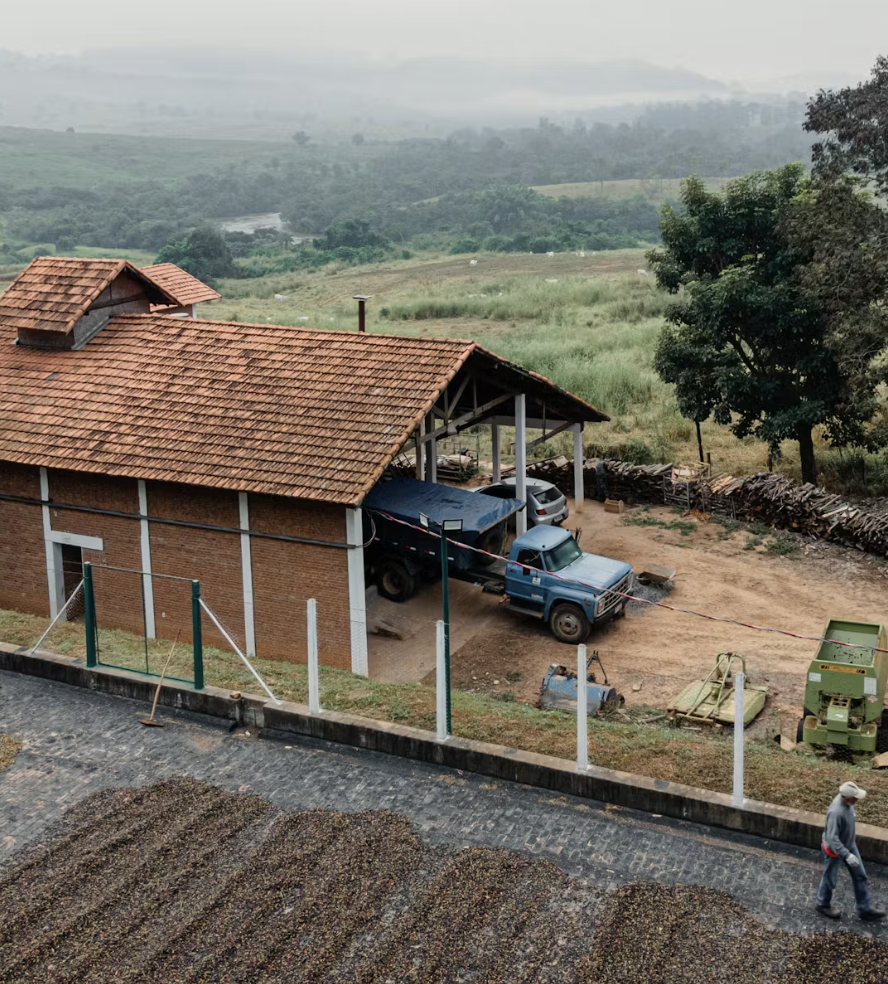In today's mindful consumer landscape, "organic certified" might seem to be the gold standard for choosing quality coffee. But let's pause and consider the broader picture—especially the stories of small-scale coffee growers who are producing remarkable beans through innovative and sustainable practices that surpass the label of 'organic.'
These growers, often nestled on hillsides in coffee’s origin-rich lands, harness the power of creative and regenerative farming methods. They’re not just cultivating coffee; they’re nurturing ecosystems. Using companion planting, natural pest management, and careful tending to soil health practices are what enrich their land for the long term.
One of many examples of this in action comes from our Brazilian coffee partners at Fazenda Pinheiro. By meticulously composting on the farms, reusing mucilage and cascara, sourcing only organic fertilizers for the plants, and coexisting coffee with other agricultural products their land is as happy as happy as the drinkers of the coffee that comes from it.
Why, then, don't these farmers flaunt an organic certification? Simply put, the cost of certification is steep, and the process can be laden with bureaucratic hurdles that prioritize paperwork over genuine ecological impact.


